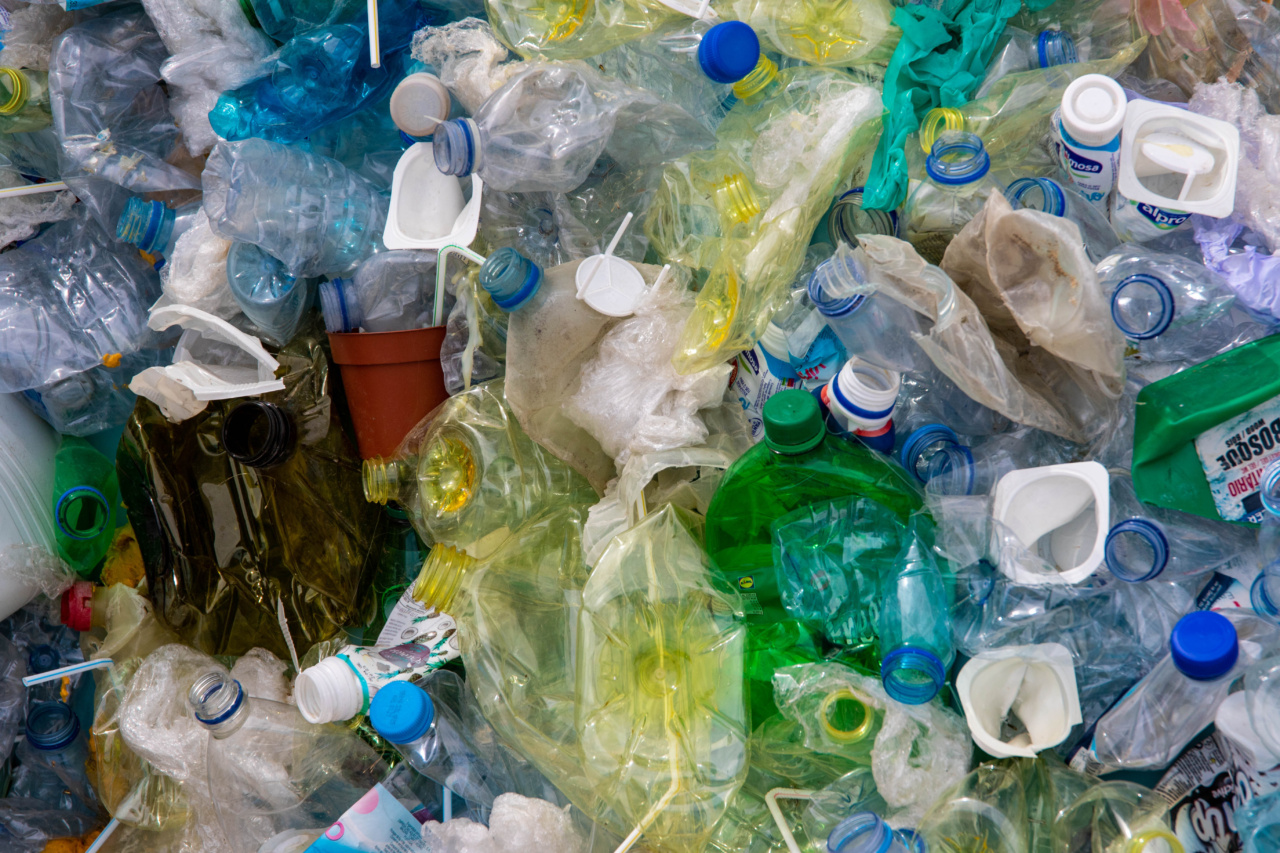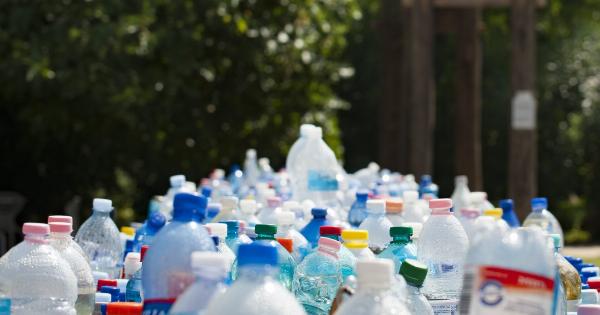In recent years, with the growing awareness of environmental issues, reusable plastic bottles have gained significant popularity. These bottles are widely promoted as a sustainable and eco-friendly alternative to single-use plastic bottles.
While their benefits in terms of reducing waste and minimizing the carbon footprint are evident, concerns regarding their safety have also arisen. In this article, we will delve into the safety aspects of reusable plastic bottles and explore whether they are a reliable choice for everyday use.
Understanding the Different Types of Plastic
Before delving into the safety concerns, it is essential to understand that not all plastics are created equal. Plastic bottles are typically made from various types of plastic, each with its unique characteristics.
The most common plastics used in the production of reusable bottles are:.
1. Polyethylene Terephthalate (PET)
PET is commonly used in the manufacturing of single-use plastic bottles and is considered safe for storing water and other beverages. It is widely recyclable and poses a lower risk of chemical leaching compared to other plastics.
2. High-Density Polyethylene (HDPE)
HDPE is known for its excellent resistance to chemicals and is often used in milk jugs, household cleaner containers, and reusable bottles. As a food-safe plastic, HDPE is considered to have a low risk of chemical migration.
3. Low-Density Polyethylene (LDPE)
Similar to HDPE, LDPE is also commonly used in reusable bottles. It is known for its flexibility and strength, making it suitable for various applications. LDPE is generally considered to be safe for consumer use.
4. Polypropylene (PP)
PP is a highly durable plastic that is often used in reusable food containers and drinking bottles. It is known for its resistance to high temperatures and is considered one of the safest plastics for food storage.
Potential Safety Concerns
While the plastics mentioned above are generally deemed safe for everyday use, there are a few safety considerations associated with reusable plastic bottles that consumers should be aware of:.
1. BPA and Phthalates
Bisphenol A (BPA) and phthalates are chemicals commonly used in the production of plastic. BPA has been linked to various health concerns, including hormonal imbalance, infertility, and developmental issues.
Phthalates, on the other hand, have been associated with similar health risks. However, many reusable plastic bottles today are labeled as “BPA-free” and “phthalate-free,” indicating that they are free from these potentially harmful chemicals.
2. Scratches and Wear
Over time, reusable plastic bottles can develop scratches and wear, which may provide a conducive environment for bacterial growth. It is essential to regularly clean and inspect the bottles for any signs of damage to ensure optimal hygiene.
Additionally, avoiding extreme temperatures, such as using hot liquids, may help prevent the release of any potentially harmful substances.
3. Identifying Quality Products
Not all reusable plastic bottles on the market are created equal. To ensure safety, it is crucial to choose bottles from trusted manufacturers that adhere to rigorous quality standards.
Look for certifications like those from the Food and Drug Administration (FDA) or other reputable organizations that guarantee the safety of the product.
Tips for Safe Use of Reusable Plastic Bottles
When using reusable plastic bottles, here are some additional safety precautions to keep in mind:.
1. Wash Thoroughly
Before using a new bottle, and after each use, wash it with warm, soapy water, and rinse it thoroughly. This helps remove any residues and minimizes the chances of bacterial growth.
2. Avoid Excessive Heat
Avoid exposing plastic bottles to excessive heat, such as leaving them in a hot car or using them for hot beverages. High temperatures can cause the release of potential toxins from the plastic.
3. Replace When Necessary
Regularly inspect your reusable plastic bottles for signs of wear and tear. If you notice cracks, deep scratches, or discoloration, it’s time to replace the bottle to maintain safety and hygiene.
Environmental Impact of Reusable Plastic Bottles
Despite the safety concerns associated with reusable plastic bottles, it is important to recognize their significant contribution to environmental conservation.
By using a reusable bottle, you can help reduce the consumption of single-use plastics and minimize waste generation. When considering the overall environmental impact, reusable plastic bottles are undeniably a more sustainable choice compared to their disposable counterparts.
The Bottom Line: Are Reusable Plastic Bottles Safe?
In conclusion, reusable plastic bottles can be a safe and eco-friendly choice for everyday use, provided that certain precautions are taken.
Ensure that the bottles you use are made from BPA-free and phthalate-free plastics such as PET, HDPE, LDPE, or PP. Regularly clean and inspect the bottles for any signs of wear, and replace them when necessary.
While it is crucial to be mindful of potential safety concerns, the environmental benefits of reusable plastic bottles cannot be ignored.
By making informed choices and practicing proper maintenance, you can enjoy the convenience and sustainability of reusable plastic bottles without compromising your health.































